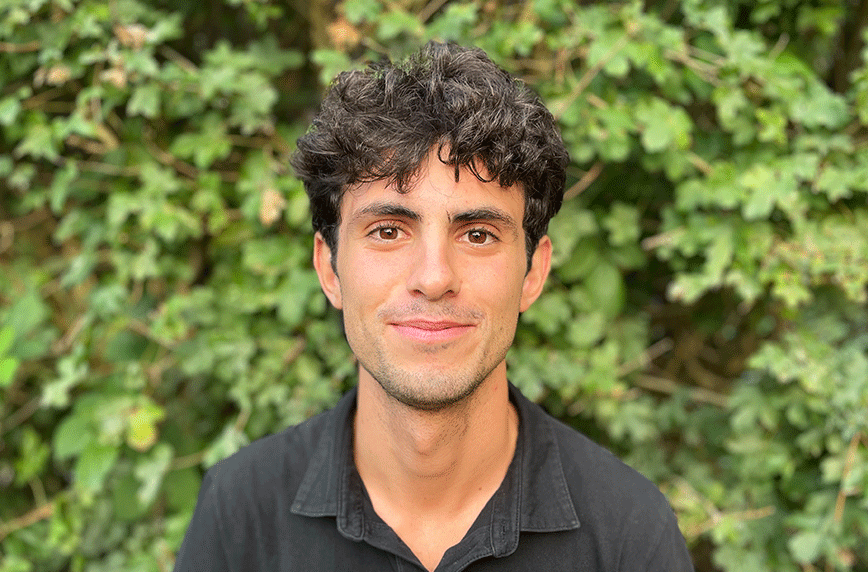Marco
Marco comes from Turin, Italy. He completed his bachelor's degree in Electrical Engineering at Politecnico di Torino and is now pursuing the master's in Electromagnetics, Fusion, and Space Engineering at KTH. He enjoys staying mentally and physically active through long-distance running, exploring nature in Stockholm, and continuously learning new things.

Why did you choose this master's programme at KTH?
I chose this master's programme because it perfectly balances engineering and physics across various subjects. My bachelor's studies were primarily focused on standard engineering topics, which explored electromagnetic theory only to some extent. During that time, I realised that studying math and physics-related subjects felt more natural, which led me to apply for this master's programme. Additionally, I wanted to experience a new and different environment, and Stockholm proved to be the perfect choice due to its high-quality academic setting and the unique Scandinavian culture.
Have you chosen a specialisation track within the programme?
I chose to pursue the Plasma track to specialise in nuclear fusion. With a background in electric power engineering, I have always had a strong interest in fusion energy development. This track allows me to focus on physics while being part of an engineering programme. At KTH, some exciting areas of fusion research include plasma control (studied using the EXTRAP T2R, a reversed-field pinch plasma experiment), numerical modelling for plasma heating, and multi-physics modelling for plasma-wall interactions. These fascinating areas demand a blend of physics and engineering sciences knowledge.
How do studies at KTH differ from your previous studies?
The most notable difference is the relationship between the professors and PhD students in the department. I found everyone genuinely willing to help and mentor me in various situations, which is less common in universities with a large student population. Everyone I had the opportunity to work with was always available and considerate, for which I am incredibly grateful.
How is student life in Stockholm?
Student life in Stockholm is very lively and active. The international community is fantastic, and the activities organised by THS are a great way to meet new people. I had to adapt to Swedish standards, especially from a Mediterranean country, but once you understand how the city works, it is a beautiful place to live. The balance between work and free time is excellent, allowing you to engage in various activities. New students in Stockholm should explore the natural beauty in winter and summer and experience the city's different areas and neighbourhoods through nightlife and outdoor activities.
What do you want to do after graduating?
After graduation, I would like to work in the field of nuclear fusion, particularly in numerical modelling or magnetic technology. I aim to actively contribute to the development of fusion energy and am currently exploring which area is the best fit for me through projects at KTH and internships in the fusion field. I find private companies working on fusion particularly interesting, as they bring new ideas and develop innovative technology. Joining one of these companies in the future would be a dream of mine, as it offers the chance to work at the intersection of fusion physics and engineering.
